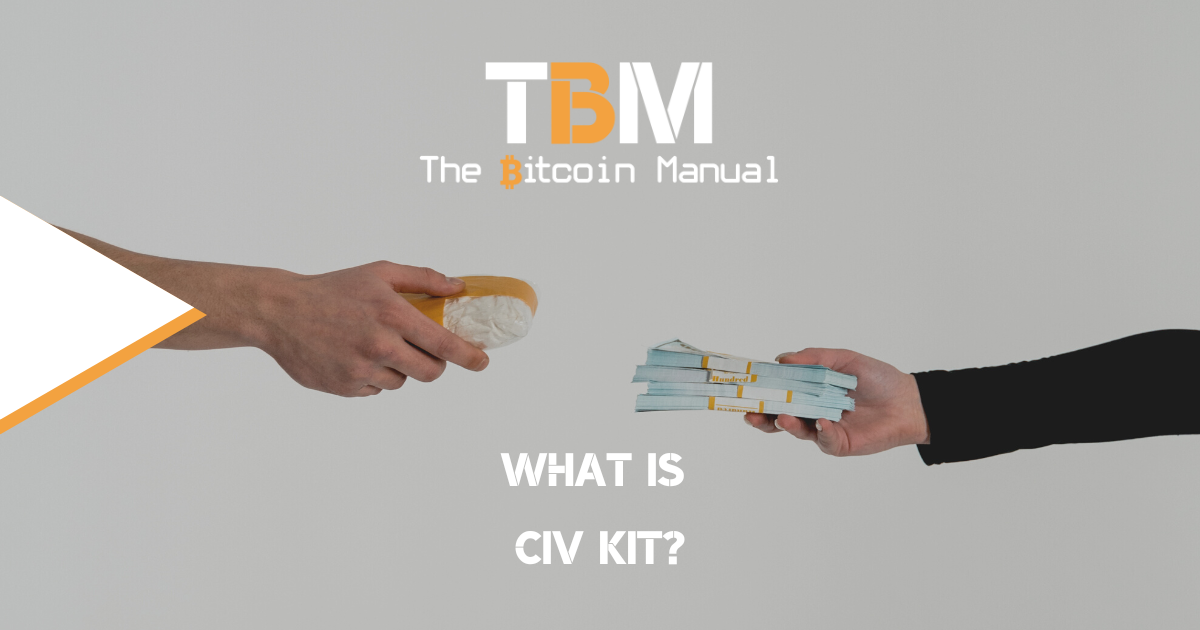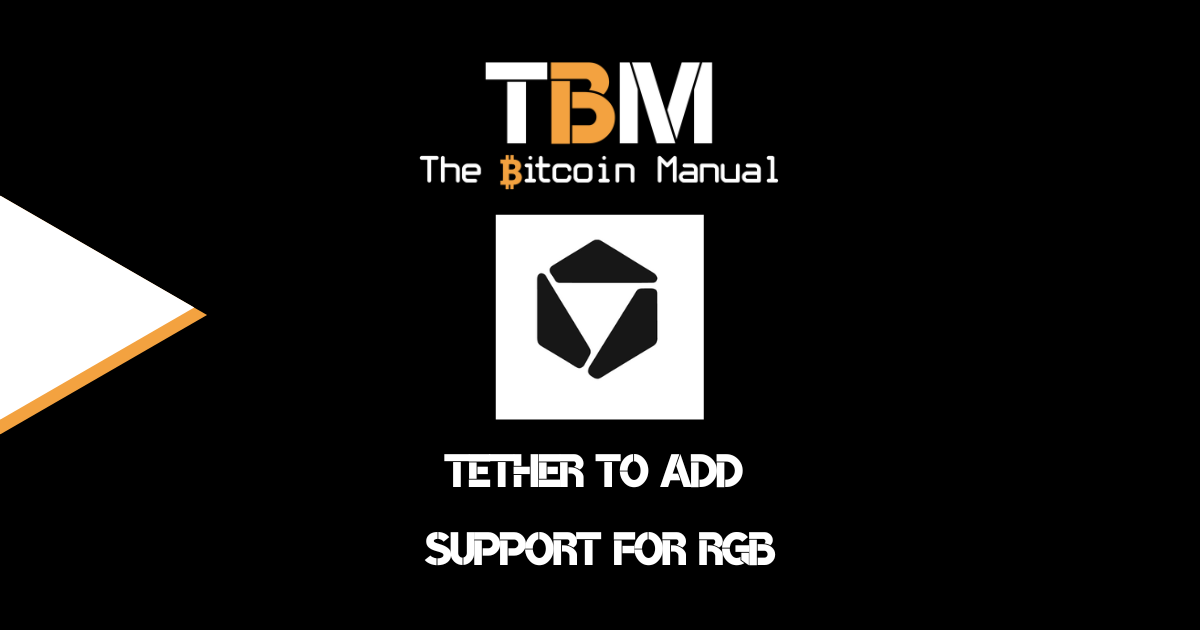Over the past decade, peer-to-peer (P2P) markets for buying and selling Bitcoin have had a rough go of it, as the masses have chosen the path of easier onboarding through KYC-laden centralised exchanges. Since the average user opts for convenience and speed of transaction execution, P2P markets have had to fight for market share.
In addition to the competition from CEXs/VEXs, P2P markets also have a tough time dealing with regulation, which is evident in the fact that P2P markets, such as LocalBitcoins and Paxful, have faced numerous challenges and limitations, leading to their ultimate failure.
Why do P2P markets find it hard to stay around?
One of the main reasons why P2P markets failed is the need for a platform to provide security and trust. Buyers and sellers are required to communicate and transact directly with each other with limited support of an intermediary, only engaging in disputes and managing the escrow.
This often leads to cases of fraud, disputes, and scams.
- For instance, LocalBitcoins experienced several hacking incidents that led to losing customers’ funds.
- Paxful, on the other hand, faced several cases of fraudulent transactions, which affected the trust of its users. These issues ultimately led to the failure of these P2P markets.
Regulatory burdens
P2P market entities provide the platform for traders to create their bids and manage the escrow and are subject to regulation from the country they are incorporated in, adding more friction for traders. It also makes these platforms less profitable as operating costs are higher due to the compliance and legal requirements these businesses face.
Liquidity
Another challenge that P2P markets face is the need for more liquidity. Since buyers and sellers must find each other and agree on a price, the process can take time and effort. This can be particularly problematic for users who want to buy or sell large amounts of Bitcoin quickly. P2P markets often struggle to match the demand and supply of Bitcoin, leading to low liquidity and price volatility.
Offshoring business operations to protocol functions.
Instead of having a company be the single point of attack in a P2P market, what if there were dozens of markets, all on different websites, front ends, that are all plugged into one another, and users could interact with any one of them with no friction, wouldn’t that make P2P trading a lot easier?
To achieve this, you would need to have a method of uncensorable and decentralised communication. A robust communications protocol is necessary to address these challenges and build a successful P2P market. Such a protocol should provide a secure and trusted environment for buyers and sellers to communicate and transact with each other. It should also provide features such as escrow services, dispute resolution, and identity verification to ensure that users can transact safely.
This is where nostr comes in.
Nostr is a decentralised communications protocol that enables secure and private communications between users and creates custom events with metadata required to build an order book and exchange. It is designed to be flexible and adaptable, making it suitable for a wide range of use cases, including P2P markets.
In addition to providing security and trust, nostr can also address the issue of liquidity. Nostr enables users to connect with each other in real-time from anywhere in the world, allowing for faster and more efficient transactions.
What is Civ Kit?
Now that we already have a communications protocol, the only other issue is managing the escrow of funds. This is where Civ Kit aims to provide a new open-source protocol that leverages the work done on Nostr and Lightning.
The paper describes Civ Kit as a new market that enables global trade of goods, services, and foreign currency (FX) exchange. While Civ Kit is a general-purpose trading and escrow protocol, the real focus would be on perfecting its use as a way of conducting trustless P2P Bitcoin trading.
The paper was authored by Antoine Riard, Nicholas Gregory and Ray Youssef, who have shared the paper with the Bitcoin developer community for feedback.
How could Civ Kit work?
- A seller would list their item for sale via a compatible Nostr client; this could be a product or service or trading Bitcoin peer-to-peer. The Nostr event is broadcast to compatible relays along with associated with a Bitcoin Lightning Network onion gateway, such as an LN-URL or Lightning Address.
- The compatible clients list the offer to all of its Nostr followers.
- A willing buyer examines the listing and submits a hashed timelock contract (HTLC) via the Bitcoin Lightning Network that supports Civ Kit’s trade escrow contract.
- The seller delivers the goods or services and requests funds from escrow.
- If the buyer is happy that they’ve received the goods or the fiat money, the buyer releases escrowed Bitcoin funds.
What is the point of Civ Kit?
Civ Kit aims to build on top of Nostr’s growing network effect along with reputation-based public keys. Since your public key is tied to everything you do on Nostr, users would want to take greater care of what they associate with their public key. Adding Civ Kit’s marketplace, participants have a financial incentive to build and maintain a positive reputation like eBay, and other eCommerce sellers users have a financial incentive to maintain a positive reputation.
- Civ Kit promises reduced centralised control by parties vested in censoring content, including products and services sold on the marketplace.
- Cryptographically-secured Bitcoin Script contracts will provide escrow services and automatically execute upon satisfying certain conditions.
- Civ Kit promises to reduce upfront costs of entry into the marketplace with the help of the Lightning Network.
- The marketplace uses technology to diminish the costs of intermediaries.
- ‘Infrastructure-as-a-service’ protocols will incentivise nodes to enforce accurate, transparent operations.
- Civ Kit promises to reduce discrimination based on location, types of trade, or trade flows.
- Civ Kit provides optionality, as you can easily trade with any nostr users, trusting in the reputation associated with that public key.
- Civ Kit allows you to trade anonymously since you only need to reveal your public key to perform trades.
Noones to be Civ Kit’s first client.
Since the shutdown of Paxful, if you visit the website, you will be greeted with an announcement page encouraging users to move funds to non-custodial wallets or other platforms, such as the newly created Noones peer-to-peer Bitcoin marketplace that looks and feels exactly like Paxful. Noones is co-founded by Yusuf Nessary and Nicholas Gregory. Nessary is also the co-founder and director of Built With Bitcoin (BWB), a Paxful-funded NPO.
While Noones still uses the old Paxful model requiring e-mail and phone number to create an account and having a 3rd party manage the escrow, they have stated that they would be open to adding Nostr and Civ Kit support was one of the first clients to provide this alternative method of P2P trading.
Do your own research.
If you want to learn more about Civ Kit, we recommend checking out the following resources to kickstart your research.
Are you on Nostr?
If you are a Nostr user and want to hang out and chat with us or follow our content on your preferred Nostr front end, feel free to add us using our PubKey below and send us a Zap if you’ve got sats to spare.
npub10mxnle348mzv2dnj0ylgz3zu9gceenc29x9fr4m6mnars66j7vxsnkn8mj
The Bitcoin Manual’s Nostr Pubkey
Please give us your notes.
If you have used Nostr, which client do you prefer and why? Are there any clients that you think deserve mention? Let us know in the comments down below.




